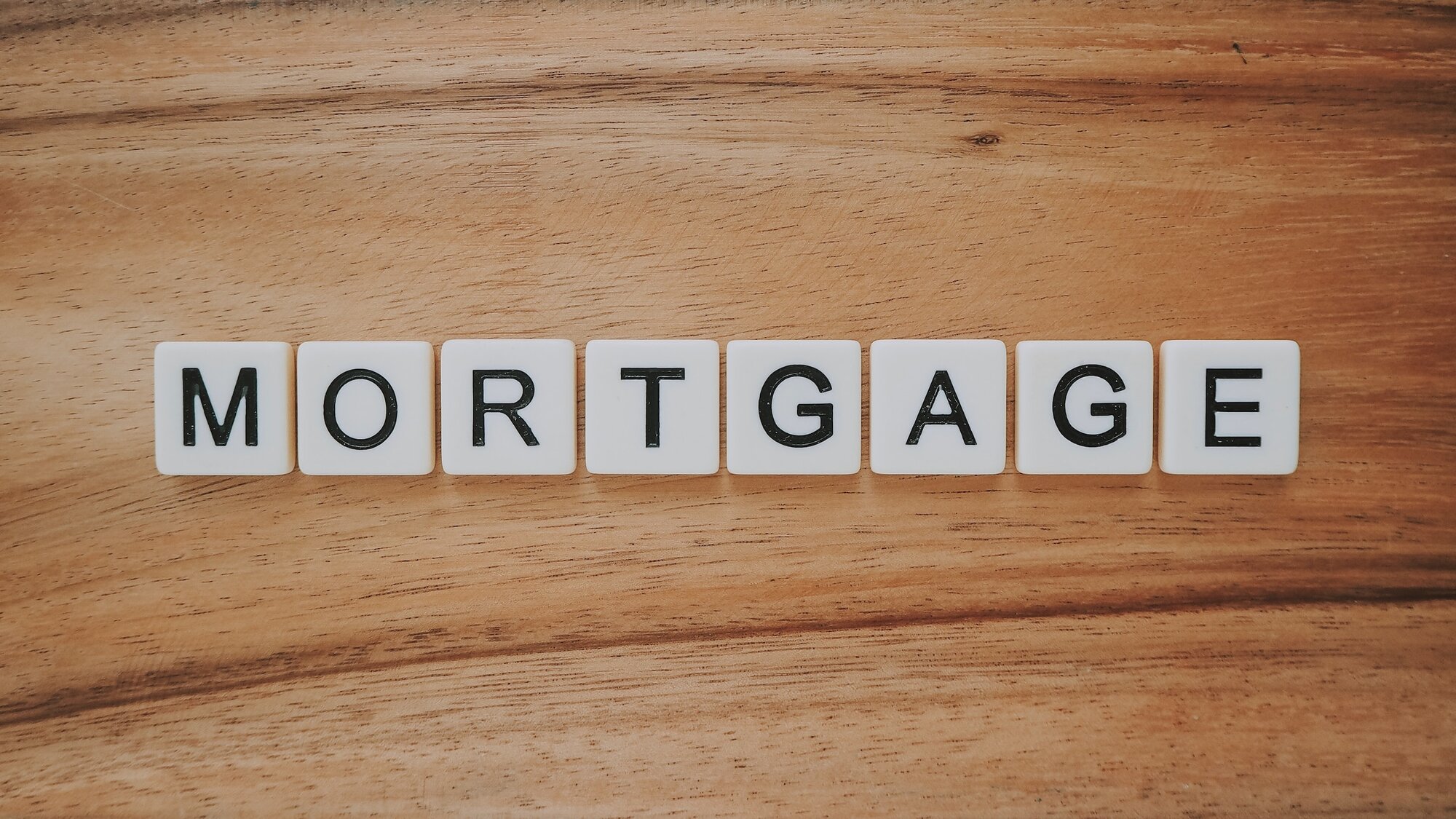Taking out your first mortgage can feel daunting. In this feature, we explain some of the terminology you may come across, including: mortgage term, mortgage deal and loan to value ratio. We start by looking at who offers Shared Ownership mortgages, and how to get started on choosing a lender.
Do all mortgage lenders offer Shared Ownership mortgages?
Shared owners have access to a smaller pool of mortgage lenders than other homebuyers. A recent academic study, The Maturing Shared Ownership Market, explains why:
Given the complexities of Shared Ownership and the arrangements surrounding it, it is necessary for lenders to invest quite a lot of time and expertise in order to minimise the risks of this lending. Because the regulations around affordable housing and Shared Ownership are both complex and keep changing, lenders in this market tend to have to become specialists in order to stay on top of the latest developments. There are enough lenders to ensure competition around prices and products, but the annual volumes are insignificant compared to the mainstream mortgage market which is why some lenders prefer not to participate in it.
Even so, there are currently around 30 lenders of Shared Ownership mortgages, including high street lenders, specialist lenders and ‘adverse’ lenders (lenders who offer mortgages to borrowers who other lenders won’t consider because of their poor credit history).
How do I choose a mortgage lender?
Many people use an independent financial advisor to help them choose their mortgage. Independent financial advisors have a good understanding of the various mortgage products available on the market, and may have access to deals you couldn’t find on your own.
Because your advisor will recommend the mortgage product best suited to your own personal needs and circumstances, you are more likely to be accepted by the lender. Your advisor may also help you complete the paperwork, which should speed up your application.
Bear in mind some important differences between an independent financial advisor (also known as a mortgage broker) and a mortgage advisor. An independent financial advisor will make their recommendation from a range of different mortgage products. Whereas mortgage advisors are connected with specific lenders and usually only recommend products from that lender.
Will I need a deposit?
Typically you will need a minimum deposit of between 5% and 10% of the value of the share you are buying. For example, if the sales price for your share is £90,000, then a 10% deposit would be £9,000 and a 5% deposit would be £4,500.
Very few lenders allow you to borrow 100% of the value of the share – assuming you meet their criteria. However, this is not something to undertake lightly, even if you are able to access a 100% Shared Ownership mortgage. For one thing, the larger the deposit you can put down the more likely you are to be offered a lower interest rate – which could save a lot of money over the long-term. And because so few Shared Ownership lenders offer 100% products there is less competition, which reduces the likelihood of favourable deals.
What is a loan to value (LTV) ratio, and why does it matter?
The larger your deposit, the lower your loan to value ratio (LTV). Going back to the example in the previous section, if the value of your share was £90,000 and you put down a 5% deposit of £4,500, then your mortgage would be for £85,500. If you now divide £85,500 by £90,000 you end up with a 95% LTV ratio. Which makes sense – you put down a 5% deposit and your mortgage makes up the remaining 95%.
Similarly, with a 10% deposit of £9,000, your loan to value ratio would be 90%.
From a mortgage lender’s perspective, the lower your LTV ratio, the lower risk you are as a customer. If you have a high LTV ratio then, if your home drops in value for any reason, your existing mortgage could exceed the value of your home, putting you into negative equity.
What is a mortgage term?
The mortgage term is the amount of time it will take to repay your loan. In the UK, mortgage terms have typically been 25 years, although they are on the rise, and 35 year mortgages are becoming more common. Anything over 25 years is referred to as an extended term, and the maximum term allowable is usually 40 years.
One study found that 37% of first-time buyers had a mortgage term longer than 25 years in 2006, and that this had risen to 66% by 2018.
The main advantage of a longer mortgage term is that your monthly payments will be lower. However, the longer your mortgage term, the more you will pay in interest on your loan.
What is a mortgage deal?
A mortgage deal refers to a period of fixed, or favourable, interest rates at the commencement of your mortgage term. People typically take out a mortgage deal for anything between two and five years.
Should I fix my mortgage rate?
There are pros and cons to fixing your mortgage rate. It can provide you with greater predictability and help you manage costs. On the other hand, fixing your rate for too long can reduce your flexibility if things don’t work out as expected.
Some people will, sadly, experience relationship breakdown. Others may start a family, and need to relocate to a larger house or, perhaps, to be closer to family support. But there may be penalties payable to change a mortgage or redeem it early.
Your independent financial advisor should provide you with information to help you decide on the best mortgage term and deal for you.
Do your own research!
Buying a home is probably the most expensive purchase most people will ever make. This feature is intended to provide an introduction to Shared Ownership mortgages, but it’s essential to take specialist advice, and to do your own research so you can have an informed discussion with your independent financial advisor, or mortgage advisor.
Additional resources
Money Helper - Mortgage advice: should you use a mortgage advisor?


